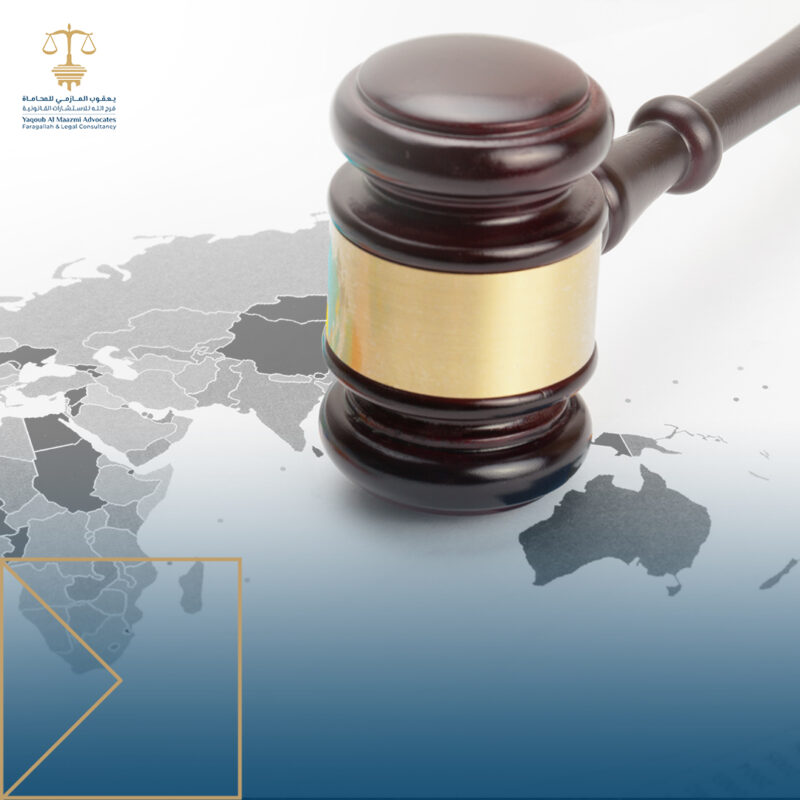
When disputes arise, choosing the right method of resolution is crucial. Two common approaches are arbitration and litigation. While both methods aim to resolve conflicts, they differ significantly in terms of process, cost, flexibility, and enforceability. This article explores the key differences between arbitration and litigation, providing insight into the advantages and disadvantages of each approach. See over here to choose reliable arbitration law firms in Dubai.
Process and formality:
Litigation involves bringing a dispute before a court of law. The process is highly formal, with strict procedural rules, formal pleadings, and a judge or jury presiding over the case. On the other hand, arbitration is less formal. It takes place outside the court system, with the parties presenting their case before a neutral arbitrator or a panel of arbitrators. The arbitration process allows for more flexibility and informality in terms of procedure and presentation of evidence.
Cost and time efficiency:
Litigation can be time-consuming and expensive. The court process involves various stages, including discovery, motion practice, and trial, which can prolong the resolution of the dispute. Litigation expenses can include attorney fees, court fees, and costs associated with expert witnesses. Conversely, arbitration is often faster and more cost-effective. The streamlined process and flexibility in scheduling allow for quicker resolution. While there are costs associated with arbitrator fees and administrative fees, they are often lower than the expenses incurred in litigation.
Expertise and decision-making:
In litigation, the judge or jury has the authority to make decisions based on applicable law and legal precedents. The judge’s expertise lies in the interpretation and application of the law. In arbitration, the parties have the opportunity to select an arbitrator with expertise in the subject matter of the dispute. This allows for a decision-maker who understands the nuances of the industry or specific field involved in the dispute. The arbitrator’s decision, known as an arbitral award, is typically final and binding.
Confidentiality and privacy:
Litigation proceedings are generally open to the public, with court records and judgments accessible to anyone. In contrast, arbitration offers greater confidentiality and privacy. The proceedings are typically confidential, and the details of the dispute and the arbitrator’s decision remain private. This aspect can be particularly important in sensitive matters where the parties wish to protect their reputation or preserve trade secrets.


